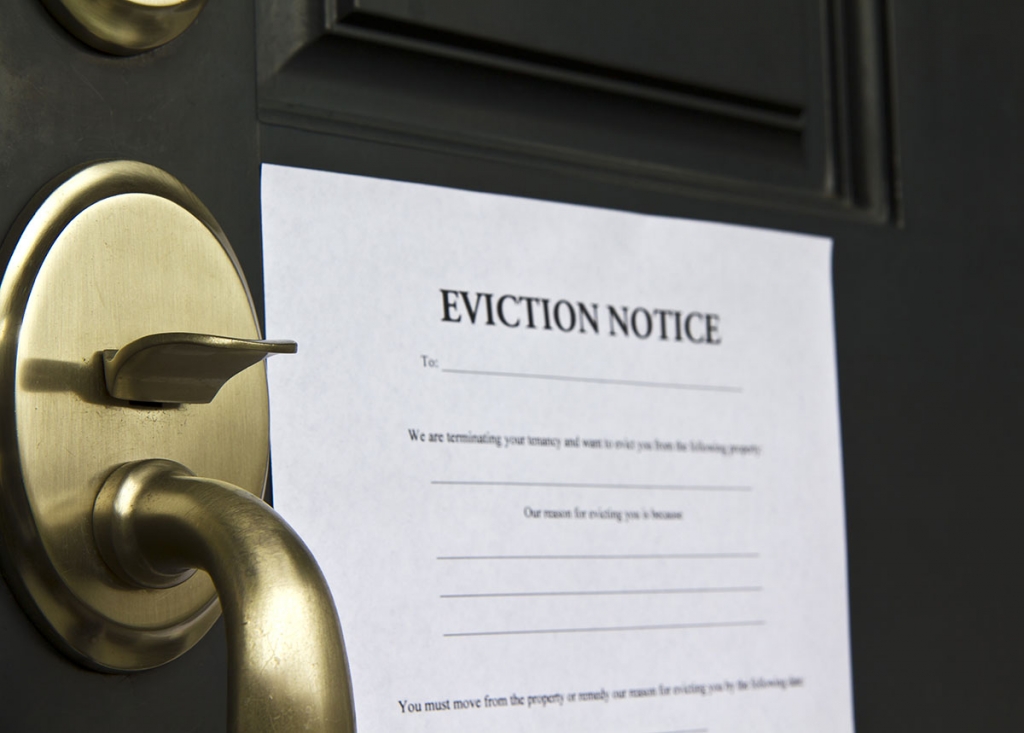Bankruptcy and Eviction in Arizona
Individuals that face financial hardships might not be able to make rent payments. And with that can come the challenges of eviction. Eviction and bankruptcy can be closely related.
An eviction takes place when a landlord forces their renter to move out. This can happen for a variety of reasons, but finances are the main reason for evictions.
In bankruptcy, an individual works to eliminate their debt through court proceedings. When debt accumulates and becomes unmanageable, individuals might face evictions and come to terms with how to get themselves out of the deep pit of debt they are in.
Currently, we’re in times when evictions, foreclosures and repossessions are reaching new levels due to the COVID-19 pandemic.
When the pandemic first began, the Coronavirus Aid, Relief, and Economic Security (CARES) Act put in place protections for individuals facing financial challenges in light of the pandemic. The CARES Act put a moratorium on evictions, meaning that landlords could not evict people for nonpayment. With unemployment soaring, this move made sense to protect Americans.
However, once the moratorium was lifted, it meant many people facing financial hardships were evicted and forced to be homeless or in overcrowded group living situations.
Bankruptcy and evictions
For consumers, the most common forms of bankruptcy are Chapter 7 and Chapter 13. And once you file for bankruptcy, you’ll get automatic protection from creditors and further actions against your financial situation.
However, filing will also freeze your assets. One way people use bankruptcy is to stop a foreclosure on a person’s home. However, in most cases, it cannot stop an eviction.
Eviction has a set process that landlords must follow. This process includes the landlord serving you a notice that you have 60 days to move or pay up past due rent. If the tenant fails to do either of these actions in the given timeframe, the landlord can then take the tenant to eviction court.
You’ll receive a summons for eviction court. This will allow you time to build a defense strategy around your failure to pay. However, if your defense strategy fails, you’ll still need to leave the premises quickly. Failing to respond to the summons could mean that your landlord gets an eviction judgment quickly.
How bankruptcy could halt an eviction
Chapter 13 bankruptcy could halt an eviction because it helps you restructure your debt and make a 3–5-year payment plan. Within that plan, you can include your past-due rent payments. Just know that if you use this strategy, you’ll need to pay to remain in your rental situation for the duration of your payment plan.
Using Chapter 7 bankruptcy will only mean that you avoid rent payments and eviction during your case. Cases generally last 4-6 months. And if you can’t catch up on your payments in that time, you’ll still need to move out.
One benefit of filing for bankruptcy while leasing is that you can get out of a lease that you cannot afford early without paying added fees and you won’t have an eviction on your record. Plus, you’ll get a fresh start by getting your other debts discharged or creating a payment plan for them.
Eviction can be a challenging hurdle to overcome. Once you’ve been evicted, you might struggle to find other housing because other landlords will see you as not as reputable. And of course, there’s still the issue of how you pay for rent when you’re facing other debts and creditors.
While filing for bankruptcy is often not anyone’s idea of fun, it can be a fresh start and help you get back on your feet after hardships. Contact our office to learn more about how filing for bankruptcy could help you recover from hard times.

